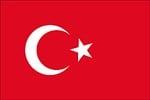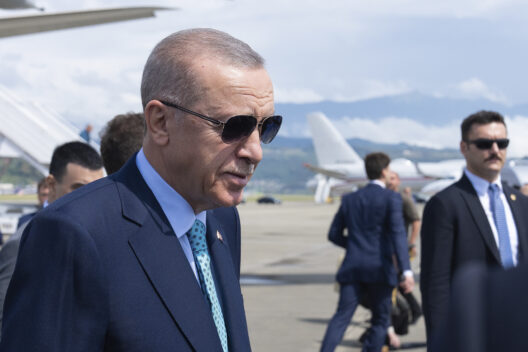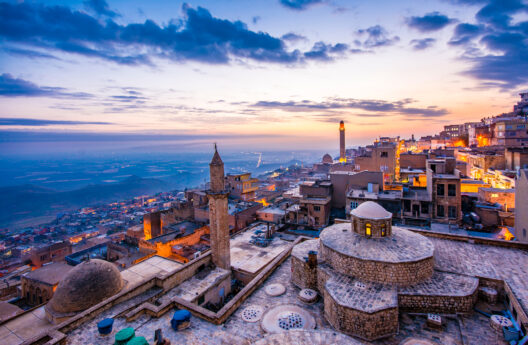Includes historical data for Türkiye’s Gross Domestic Product growth, debt-to-GDP ratio and more, as well as information on trade, banking and financial sector leadership.
A Diversified Economy That Benefits From Excellent Infrastructure
Strategically placed at the crossroads between Europe, Central Asia and the Middle East, Türkiye also boasts a large domestic market, favorable demographics and a skilled workforce. Its economy is underpinned by highly diversified industrial, manufacturing and service sectors, while agriculture still accounts for about 25% of the labor force employment. Despite its political stability and openness to foreign investment, challenges such as a lack of transparency, dependence on imported energy, and high inflation and external debt have constrained Türkiye’s economic growth potential.
Macroeconomy & Sovereign Data
| Type of Government | Presidential representative democracy |
|---|---|
| Capital | Ankara |
| Sovereign Ratings |
S&P: B Moody’s: B3 Fitch: B+ |
| Total Population | 87.4 million |
| Median Age | 32.2 |
| Adult Per Capita Income (PPP) | 46,407.35 |
| Total GDP (2023) | 1.1 trillion |
Türkiye GDP & Economic Overview
Most Recent Content
Turkey
Banking & Finance
Trade & Investment
| Total Exports | USD 320.4 billion (2023) |
|---|---|
| Leading Exports |
Cars And Vehicle Parts Refined Petroleum Delivery Trucks Jewelry Clothing And Apparel |
| Total Imports | USD 260.3 billion (2022) |
| Leading Imports |
Gold Refined Petroleum Crude Petroleum Vehicle Parts Scrap Iron |
| Source: | World Integrated Trade Solution |
Türkiye Leading Companies
| Koç Holding | Conglomerate, Industrials, Energy, Financials |
|---|---|
| Turkish Airlines | Airlines |
| Isbank | Financials |
| Akbank | Financials |
| VakifBank | Financials |
| Türkiye Petrol Rafinerileri | Integrated Oil & Gas |
| Turkcell | Telecommunication Services |
Major Trade Partners — Import
| China | 12% |
|---|---|
| Russia | 11% |
| Unspecified | 9% |
| Germany | 8% |
| United States | 5% |
Source: World Integrated Trade Solution
Major Trade Partners — Export
| Germany | 9% |
|---|---|
| United States | 7% |
| United Kingdom | 6% |
| Italy | 5% |
| Iraq | 5% |
Source: World Integrated Trade Solution
Global Finance Rankings & Awards
Data Sources:
UN World Population Prospects
World Inequality Report
S&P Global Ratings
Moody’s
Fitch Ratings
IMF Direction of Trade Statistics (DOTS)
UN Conference on Trade and Development (UNCTAD)
CIA The World Factbook
World Bank’s World Integrated Trade Solution
Forbes Global 2000







